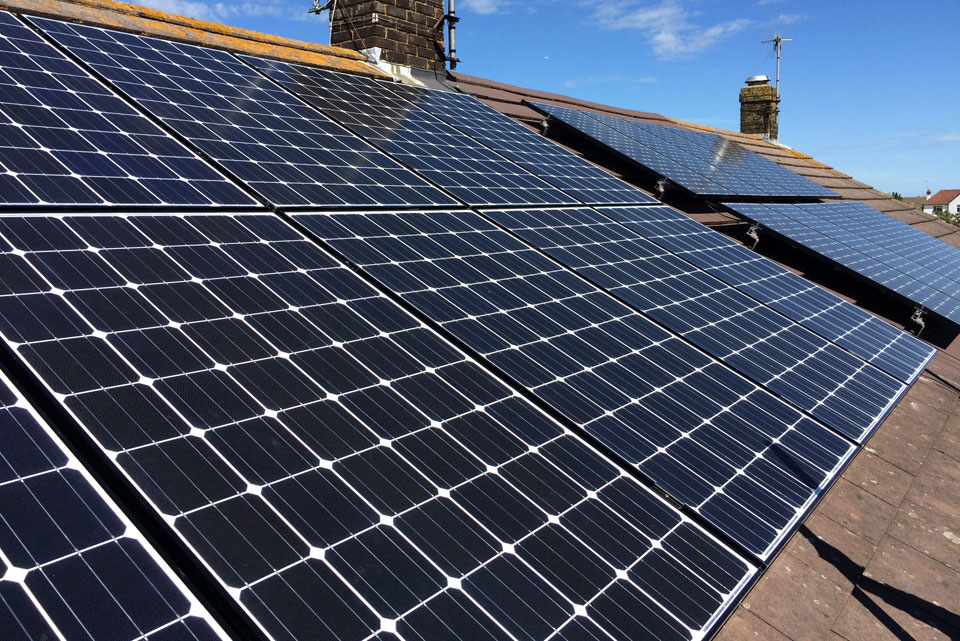Unit 1B, Keynor Farm
Sidlesham, PO20 7LL
8:30am - 5:00pm
Monday - 4:00pm Friday
Blog

Should I go off grid?
What does off grid really mean?
The term off grid (within the renewables industry) is usually used to describe a way of living using renewable energy sources that are separate from and not connected to the national grid.
Going truly off grid means cutting any ties with the utility grid, relying 100% on the power that you produce and store. This can be costly and unreliable in a large percentage of cases, but there are some benefits. Most people when asked if they would like to cut ties with the utility grid say no. So what are the options?
Common motivations for going off grid include:
- Environmental reasons. An ambition to support renewable energy and ‘go green’.
- Independence from the utility companies for personal reasons or to eliminated vulnerability from grid outages (power cuts).
- Social values, taking steps to reduce your carbon footprint and taking responsibility for your energy impacts.
- Cost, reducing utility bills and independence from inevitable future price rises in utility costs.
Going off grid can be easily achieved with solar. A suitably sized array feeding into a battery bank is one of the simplest ways to introduce an off grid renewables system. This can be costly for a decent sized system to power a home off grid. Whilst powering a home can be an expensive initial outlay, small scale off grid solutions are not. Powering an outhouse, shed or stable is an easy way to have lighting without having to run cables, especially useful in areas where a grid tied source is not available. A simple 1 or 2 module system feeding into lead acid or AGM batteries is a quick way to have lighting in places previously unpowered.
A small off grid system can be easily up scaled to power low wattage heaters or kettles. The key to any off grid system is correct design and precise calculations. Incorrect sizing can leave batteries not fully charged and you without power!
Why not have the best of both worlds?
More commonly we will combine a grid tied system with a storage source. This is an effective way to have renewable power and storage with less cost than going off grid, whilst keeping the security of the national grid too.
A common misconception is that Solar PV is no longer worth it or viable; this is not the case, there is still a FIT (feed in tariff) and whilst this is still available there is still money to be made from solar (see our blog post Solar – is there a sunny future?). As a popular supermarket put it, “every little helps”.
There are many options with battery storage nowadays what we can tailor a system to your needs, whether this is just a small system with a small amount of storage without backup power, or a larger system with a backup storage system should the grid go down. This can be done from scratch (full solar install with batteries) or a battery system can be added later (retrofitted into an existing solar system).
With so many options the one we often recommend is a grid tied storage system. The full benefits of solar, reduced bills, and battery storage, without a higher initial outlay and keeping the grid there for those dark winter months when solar may not cover all your needs!
If you would like to know more about solar, whether you want to discuss going off grid, battery storage or having a solar array installed, get in touch with one of our energy experts today.




